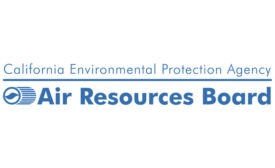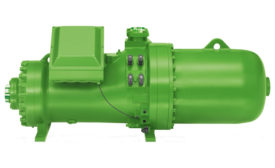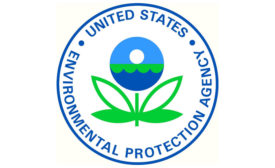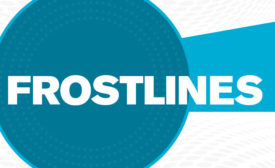Home » HFC refrigerants
Articles Tagged with ''HFC refrigerants''
Provides an option to mitigate HFC emissions while transitioning to lower GWP alternatives
Read More
California Unveils Aggressive Plan Targeting HFCs
Includes a ban on the sale of all virgin HFC refrigerants with a high GWP
May 2, 2016
Bitzer Approves Some HFOs for Its Screw Compressors
The company subjected the refrigerants to intensive testing
May 2, 2016
California Proposes Ban on Sale of High-GWP HFC Refrigerants in 2020
Proposed emissions reduction strategy includes several measures targeting HFCs
April 15, 2016
New EPA Proposal on HFCs Builds on Last Year’s Final Rule
Change of status sought on some HCs, 1234yf in specific end uses
April 4, 2016
Another Take on the HFC Anti-Dumping Determination
Product from China was selling low, but did low price necessarily equal low quality?
Read More
American HFC Coalition Files Antidumping Duty Petition Against R-134a from China
Alleges dumping margins for R-134a refrigerant ranging from 150 percent to over 200 percent
March 7, 2016
Refrigerant Antidumping Order: Think of It as the Price of Quality
HFCs will probably cost more, but no complaining please
Read More
Household Refrigerator Industry Sets Goal to Eliminate Use of HFC Refrigerants
Home appliance manufacturers previously transitioned away from CFCs and HCFCs
February 23, 2016
AHRI, NRDC Align on Phasing Out Certain HFC Refrigerants
Proposal would phase out use of R-134a, R-410A, and R-407C in chillers
February 4, 2016
Copyright ©2025. All Rights Reserved BNP Media.
Design, CMS, Hosting & Web Development :: ePublishing




